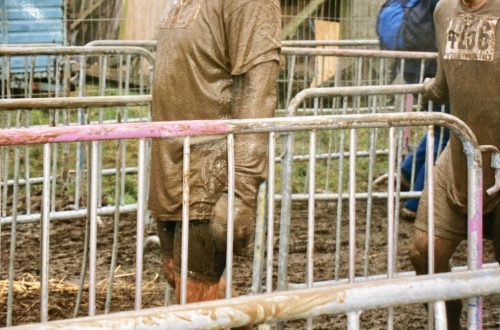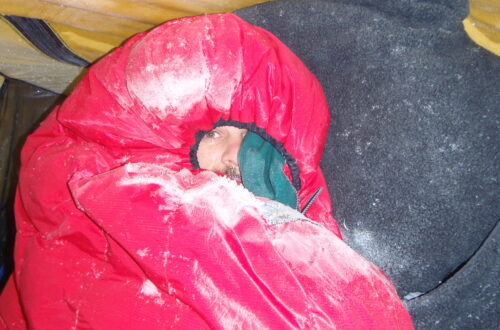Orienteering : Best Introduction to Survival Skills for Adventurers
Orienteering is a fantastic way to introduce aspiring adventurers to the beauty of the great outdoors while also helping them develop essential survival skills. It perfectly combines the thrill of wild running with a meaningful purpose.
It is an outdoor adventure sport that combines navigation and racing, where participants use a map and compass to find a series of checkpoints in diverse terrains, such as forests, mountains, or urban areas. The goal is to complete the course in the shortest possible time while navigating through unfamiliar landscapes.
It requires both physical fitness and sharp navigational skills, as competitors must decide the most efficient routes between checkpoints. Orienteering is enjoyed as a competitive sport and a recreational activity by people of all ages.
In my early days, I took a map of my local area and planned a short walks; often my favorite dog-walking routes. As I walked, I carefully matched the features on the ground with those marked on the map, testing both the map’s accuracy and my own observational skills.
It requires both physical fitness and sharp navigational skills, as competitors must decide the most efficient routes between checkpoints. Orienteering is enjoyed as a competitive sport and a recreational activity by people of all ages.
See more information: Map and Compass
It’s an excellent way to get people of all ages, especially novices, active and outdoors, while significantly benefiting their mental, emotional, and physical well-being.
- Physical Health: Orienteering combines cardiovascular exercise with fun and adventure, making it accessible to participants of varying fitness levels. Whether walking or running, participants engage in a full-body workout as they navigate different terrains, improving endurance, strength, and coordination.
- Mental Stimulation: Orienteering sharpens cognitive abilities by challenging participants to think critically, solve problems, and make decisions in real-time. By reading maps, interpreting landmarks, and strategizing their routes, participants enhance spatial awareness, concentration, and mental agility.
- Emotional Wellbeing: The sense of achievement that comes from successfully navigating a course boosts self-esteem and confidence. Orienteering promotes a positive mindset by encouraging participants to overcome challenges, explore new environments, and learn from mistakes in a non-competitive, supportive setting.
- Social Connection: Orienteering can be enjoyed individually or in teams, offering opportunities for social interaction, teamwork, and communication. For beginners, learning alongside others fosters a sense of camaraderie and belonging, making the experience more enjoyable and less intimidating.
- Connection with Nature: As participants venture into natural settings, orienteering offers a welcome break from screen time and daily stress. The outdoor environment promotes relaxation, reduces anxiety, and provides a sense of calm. It also helps foster environmental awareness and appreciation for nature.
By making exercise engaging and mentally stimulating, orienteering is a powerful tool for improving the overall health and well-being of individuals of all ages, encouraging them to embrace the outdoors while developing valuable life skills.
#livealifetodiefor #MoreThanMyPast #itsrogerx @britishorienteering

**I am excited to share the captivating story of my extraordinary journey with you. Also my How-To Becoming a Fearless Adventurer



